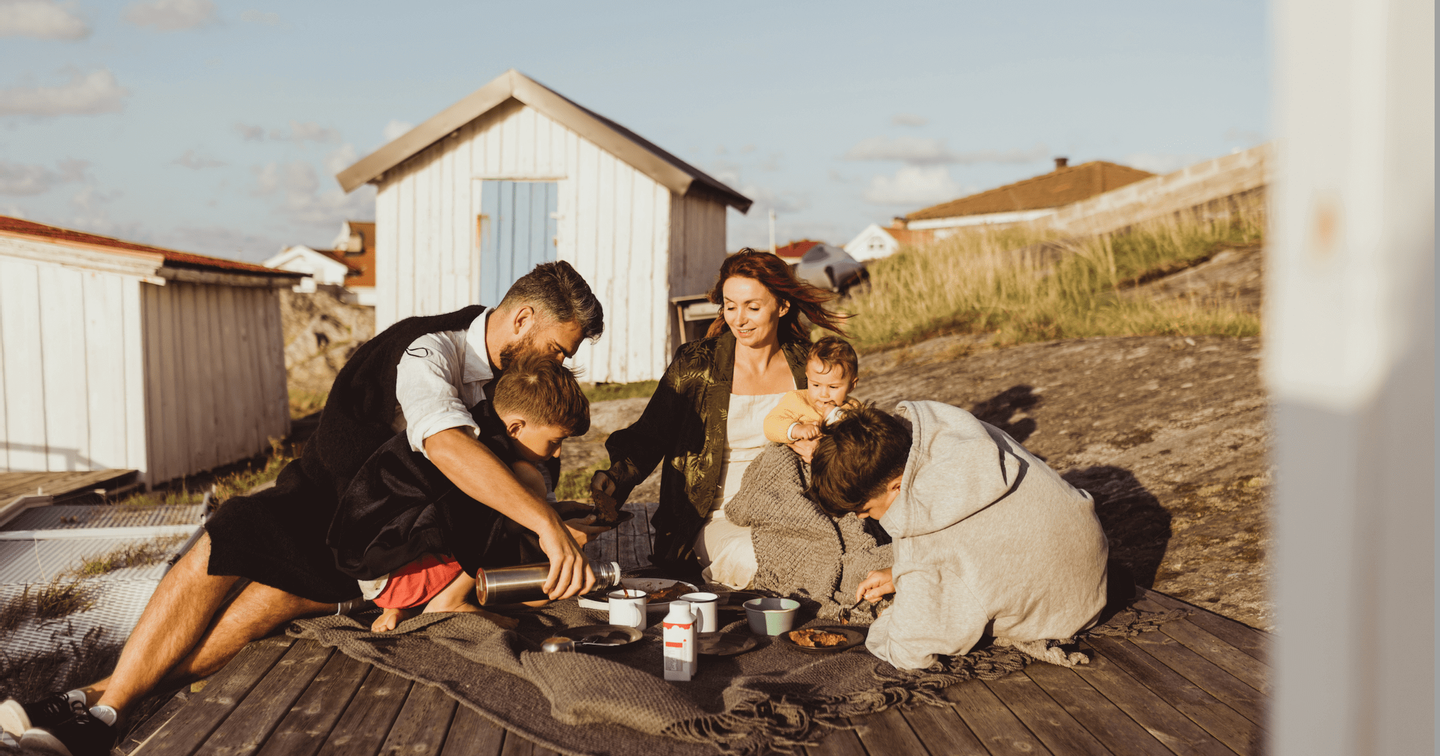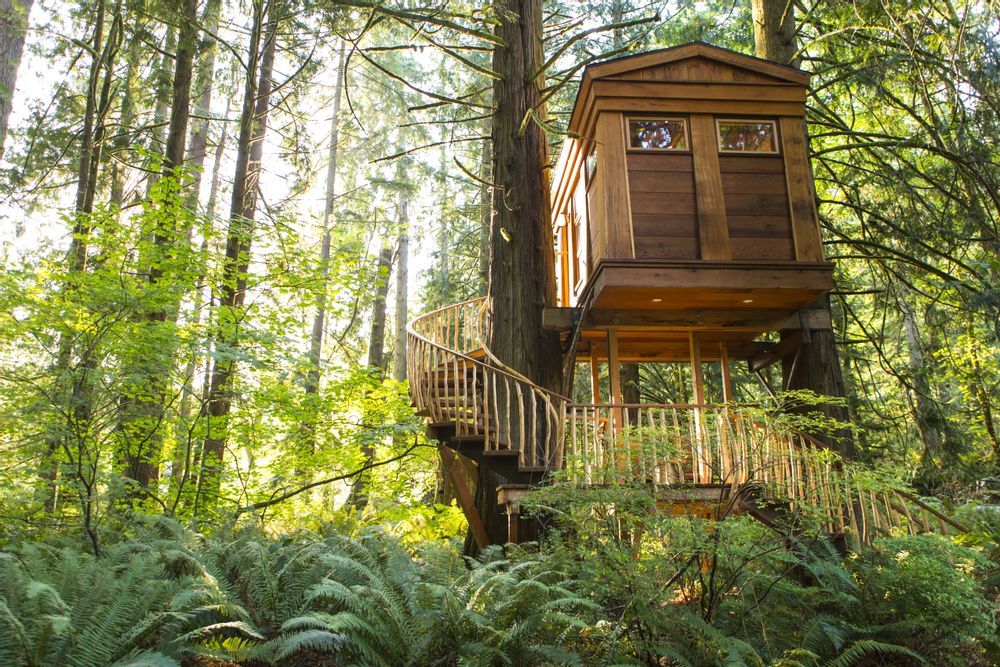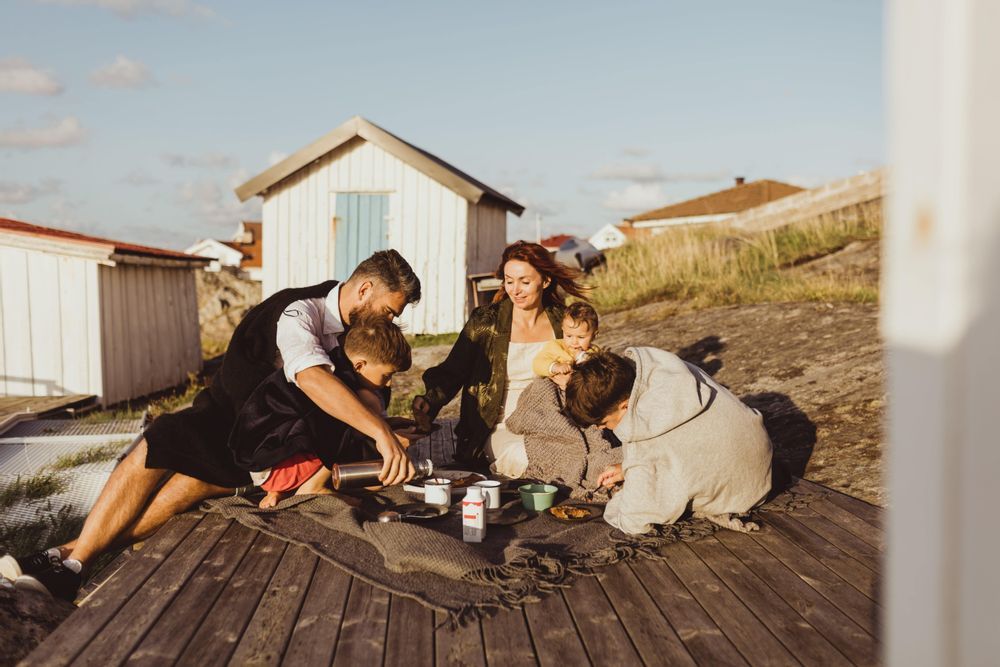This article is also available in Vietnamese.
Latest research from Booking.com reveals how the ‘pandemic effect’ could finally tip sustainable travel intent into impactful action.
New research released today from Booking.com, containing insights gathered from more than 29,000 travellers across 30 countries including Vietnam suggests that the pandemic has been the tipping point for travellers to finally commit to their own sustainable journey, with an overwhelming 97% of Vietnamese travellers stating that sustainable travel is an important issue and 79% believing that people have to act now to save the planet for future generations.
As the world of travel starts to open up again, the Sustainable Travel Report 2021 by Booking.com reveals that travellers are more committed than ever to do so in a mindful way, with 88% of Vietnamese travellers stating that the pandemic has influenced them to want to travel more sustainably in the future and 41% admitting that the pandemic has shifted their attitude to make positive changes in their everyday lives, with recycling (33%) and reducing food waste (40%) being the top priorities at home.
The “pandemic effect”
According to the findings, Vietnamese travellers’ day-to-day sustainable commitments are consistent with their intentions for future trips, with 88%* of Vietnamese travellers wanting to reduce general waste, 86%* wanting to reduce their energy consumption (e.g. by turning off air conditioning and lights when they are not in a room) and 81%* wanting to use more environmentally friendly modes of transport such as walking, cycling or public transport over taxis or rental cars.
Respect for the local community is also high on the list as 84% of Vietnamese travellers want to have authentic experiences that are representative of the local culture when they travel, 93% believe increasing cultural understanding and preservation of cultural heritage is crucial and 88% want to ensure the economic impact of the industry is spread equally in all levels of society. Furthermore, 64% will go as far as avoiding popular destinations and attractions to ensure they aren’t contributing to overcrowding and helping do their part to disperse the positive benefits of travel to less frequently visited destinations and communities.
Breaking down sustainable travel barriers
Fortunately, it’s not just good intentions. Many of these sustainable pledges are coming to fruition, with travellers revealing that while on vacation in the past 12 months, 52% of Vietnamese travellers made a conscious decision to turn off their air conditioning/heater in their accommodation when they weren’t there, 52% took their own reusable water bottle, rather than buying bottled water while on vacation and 44% participated in activities to support the local community. In fact, 55% have admitted that they get annoyed if the place they are staying stops them from being sustainable, for example, by not offering recycling facilities. The positive signs are indeed there, but there is still lots of room for improvement with more than half of travellers not yet thinking about the local community during their trips or taking these small steps to minimise their impact.
It’s striking that 100% of Vietnamese travellers say they want to stay in a sustainable accommodation in the upcoming year, but barriers still remain with 14% of Vietnamese travellers saying they have not stayed in a sustainable property in the past year, 47% mentioning that they didn’t even know that sustainable accommodations existed, 42% stating they couldn’t find any options where they were traveling and 54% saying that they didn’t know how to find them. In fact, 41% of Vietnamese travellers still believe that in 2021, there simply aren’t enough sustainable travel options available.
Closing the gap, step by step
As part of Booking.com’s mission to make it easier for everyone to experience the world and as a leader in travel, the company believes they have an important responsibility to make sustainable choices easier, both for accommodation providers and travellers. To that end, Booking.com is currently rolling out a program for properties that will support them in taking the next steps to become more sustainable, no matter where they might be on that journey. This includes sharing guidance, insights and best practices with properties via various educational opportunities, including handbooks and dedicated content, all available via the Booking.com Partner Hub.
In connection, Booking.com is currently displaying over 30 certifications officially approved by the Global Sustainable Tourism Council (GSTC), Green Tourism and the EU Ecolabel, as well as multiple hotel chain sustainability programs. To complement this, Booking.com is also encouraging its accommodation partners to update their sustainability information, which includes 32 impactful practices across five key categories: waste, energy and greenhouse gases, water, supporting local communities and protecting nature. From this roll-out, several properties have already started sharing some of their sustainability information with Booking.com, which can be viewed on the ‘Sustainability initiatives’ banner on each of their property pages. While it’s still early days, this is an important first step in providing more sustainability information in a transparent way to consumers, ultimately making it easier for them to start making more sustainable travel choices.
Marianne Gybels, Director of Sustainability for Booking.com said “Over the six years we’ve been conducting this research, it’s been inspiring to see awareness of the importance of sustainable travel consistently grow, both with our customers and now with our partners, too. The good intentions are there on all sides, but there is still a lot of work to be done to make sustainable travel an easy choice for everyone. The more sustainable practices we can help our partners to identify and implement, the more we can experiment with how best to highlight this information to customers and ultimately make sustainability a transparent and easily identifiable part of their travel decision-making process. A small change like eliminating single-use plastics or switching to energy-efficient LED light bulbs might seem insignificant in isolation, but multiplied by millions of travellers and properties around the world, these small steps all start to add up to a much bigger potential positive impact.”
Download full report here.



























